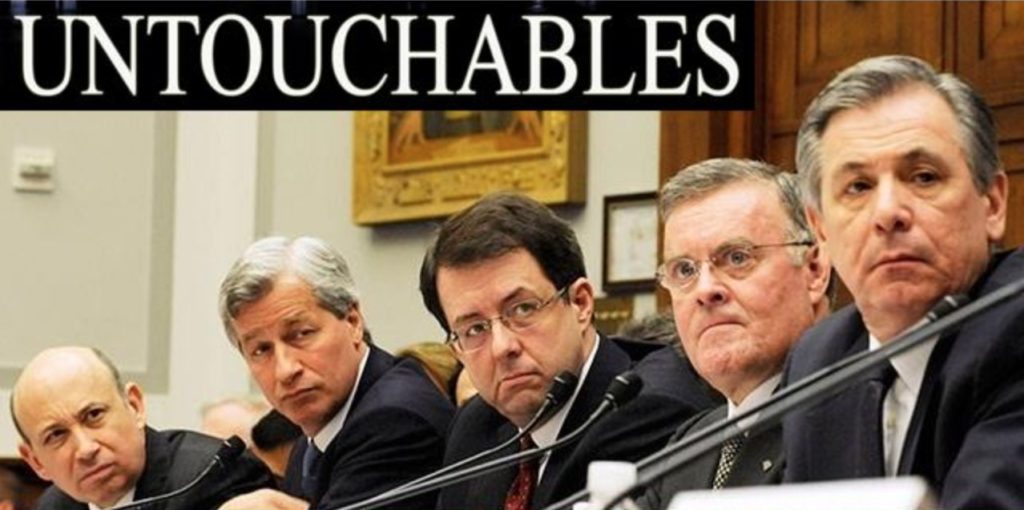On this day when we honor the legacy of Dr. King, I’ve decided to republish last year’s piece, Two Things to Read on Martin Luther King Day, in full below. Enjoy.
When evil men plot, good men must plan. When evil men burn and bomb, good men must build and bind. When evil men shout ugly words of hatred, good men must commit themselves to the glories of love. Where evil men seek to perpetrate an unjust ‘status quo’, good men must seek to bring into being a real order of justice.
– Martin Luther King Jr
The more I read of Dr. King’s words, the more impressed I become with his timeless wisdom, intellect and courage. On this day when we remember the man, it’s very important to appreciate two things. First, while MLK was a peaceful man, he was unquestionably a fierce revolutionary against the prevailing status quo. While his cause and struggle look so obvious in 2016, in his day many segments of American society considered him the enemy, including the U.S. government. For example, we now know that the FBI actually wrote him a letter suggesting he commit suicide.
As such, beyond his eloquent words, his message of love and a relentless fight for justice, we must also remember that the power structure was very much against the man and everything he stood for. Indeed, the reason “the state” is almost always on the wrong side of history, is because “the state” is typically nothing more than a collection of self-serving entrenched interests battling to preserve their wealth and power at all costs. All too often, such costs are the well being of the population in general. This is the situation we once again face in 2016.
To start, I want to share a post I wrote in 2013, titled, Martin Luther King: “Everything Adolf Hitler did in Germany was Legal”. Here are a few excerpts:
Donate bitcoins: 35DBUbbAQHTqbDaAc5mAaN6BqwA2AxuE7G
Follow me on Twitter.



